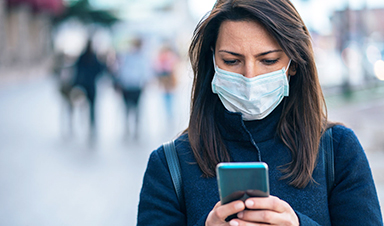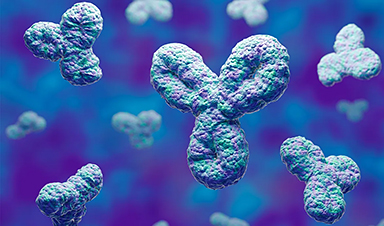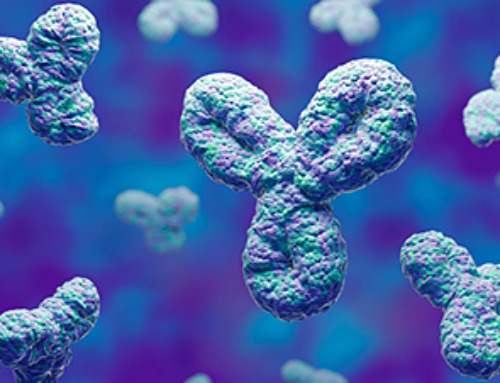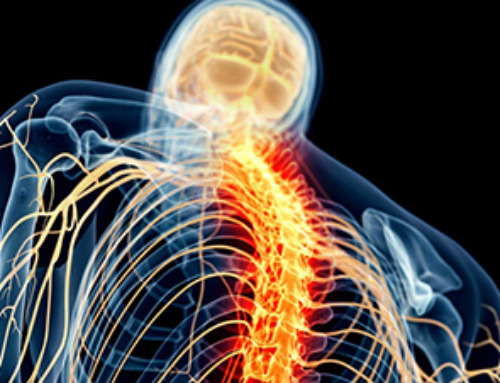- Research has found a significant fall in levels of antibodies against SARS-CoV-2, the virus that causes COVID-19, 6 months after the second dose of the Pfizer-BioNTech vaccine.
- Clinical evidence also suggests that the risk of getting a “breakthrough” infection gradually increases in the months after vaccination.
- Despite declines in antibody levels, other branches of the adaptive immune system appear to provide strong protection against severe infection and death.
- However, booster shots could protect the most vulnerable individuals, reduce transmission, and help suppress the emergence of new strains.
In the United States, the Food and Drug Administration (FDA)Trusted Source has approved third doses, or “boosters,” of the Pfizer-BioNTech COVID-19 vaccine for people over the age of 65 years.
It also approved boosters for people with health conditions that put them at risk of severe COVID-19 and for people whose jobs expose them to a high risk of infection, including healthcare workers and teachers.
The agency had already givenTrusted Source the green light to boosters for individuals with severely weakened immune systems, such as organ transplant patients.
But is there any evidence to justify a more widespread rollout of booster shots in the general population?
A recent study found that serum levels of antibodies against the spike protein of the virus, which it uses to gain entry to cells, start to wane around 12 weeks after the second dose of the Pfizer vaccine.
The researchers discovered that by 6 months after the second dose, median levels of these antibodies had fallen to around 7% of their peak level, with a range of 2–25%. The researchers say that this decline is expected.
Other workTrusted Source has shown that after having an mRNA-based vaccine against SARS-CoV-2, antibodies may not be circulating, but they are at peak activity within the lymph nodes by 12 weeks.
Cells that remember
At first glance, this appears to represent a worrying loss of immunity, but antibodies are only one branch of the body’s adaptive immune system.
The adaptive immune system also includes cells that remember past infections or vaccinations and swing into action if they encounter the same infectious agent again.
A recent preprint of a study reports that the number of immune cells known as memory B cells that recognize the virus actually increases 3–6 months after the second dose of the Pfizer or Moderna vaccine.
Remarkably, even though these vaccines use genetic material from the original variant of the virus, the B cells also recognized the Alpha, Beta, and Delta variants.
This is because the precursors of these B cells evolve over time in the body through a process of random mutation, which allows the mature cells to detect new variants of the virus as they arise.
The research also found two other types of immune cell primed to detect the virus in most individuals 6 months after their second dose of vaccine.
Known as helper T cells (CD4+ cells) and killer T cells (CD8+ cells), these help ramp up the immune response and destroy infected cells, respectively…
News
Specially engineered antibody delivers RNA therapy to treatment-resistant tumors
Elias Quijano, PhD; Diana Martinez-Saucedo, PhD; Zaira Ianniello, PhD; and Natasha Pinto-Medici, PhD, there are 25 other contributors, most from Yale's Department of Therapeutic Radiology and from the departments of genetics, molecular biophysics and [...]
Vaccinated women face fewer cervical cancer risks
New data from Denmark shows the HPV vaccine’s powerful long-term impact, while also revealing why cervical cancer screening is still essential. A Danish study published in the journal Eurosurveillance reports that women who received the human [...]
3D-printed implant offers a potential new route to repair spinal cord injuries
A research team at RCSI University of Medicine and Health Sciences has developed a 3-D printed implant to deliver electrical stimulation to injured areas of the spinal cord, offering a potential new route to [...]
Nanocrystals Carrying Radioisotopes Offer New Hope for Cancer Treatment
The Science Scientists have developed tiny nanocrystal particles made up of isotopes of the elements lanthanum, vanadium, and oxygen for use in treating cancer. These crystals are smaller than many microbes and can carry isotopes of [...]
New Once-a-Week Shot Promises Life-Changing Relief for Parkinson’s Patients
A once-a-week shot from Australian scientists could spare people with Parkinson’s the grind of taking pills several times a day. The tiny, biodegradable gel sits under the skin and releases steady doses of two [...]
Weekly injectable drug offers hope for Parkinson’s patients
A new weekly injectable drug could transform the lives of more than eight million people living with Parkinson's disease, potentially replacing the need for multiple daily tablets. Scientists from the University of South Australia [...]
Most Plastic in the Ocean Is Invisible—And Deadly
Nanoplastics—particles smaller than a human hair—can pass through cell walls and enter the food web. New research suggest 27 million metric tons of nanoplastics are spread across just the top layer of the North [...]
Repurposed drugs could calm the immune system’s response to nanomedicine
An international study led by researchers at the University of Colorado Anschutz Medical Campus has identified a promising strategy to enhance the safety of nanomedicines, advanced therapies often used in cancer and vaccine treatments, [...]
Nano-Enhanced Hydrogel Strategies for Cartilage Repair
A recent article in Engineering describes the development of a protein-based nanocomposite hydrogel designed to deliver two therapeutic agents—dexamethasone (Dex) and kartogenin (KGN)—to support cartilage repair. The hydrogel is engineered to modulate immune responses and promote [...]
New Cancer Drug Blocks Tumors Without Debilitating Side Effects
A new drug targets RAS-PI3Kα pathways without harmful side effects. It was developed using high-performance computing and AI. A new cancer drug candidate, developed through a collaboration between Lawrence Livermore National Laboratory (LLNL), BridgeBio Oncology [...]
Scientists Are Pretty Close to Replicating the First Thing That Ever Lived
For 400 million years, a leading hypothesis claims, Earth was an “RNA World,” meaning that life must’ve first replicated from RNA before the arrival of proteins and DNA. Unfortunately, scientists have failed to find [...]
Why ‘Peniaphobia’ Is Exploding Among Young People (And Why We Should Be Concerned)
An insidious illness is taking hold among a growing proportion of young people. Little known to the general public, peniaphobia—the fear of becoming poor—is gaining ground among teens and young adults. Discover the causes [...]
Team finds flawed data in recent study relevant to coronavirus antiviral development
The COVID pandemic illustrated how urgently we need antiviral medications capable of treating coronavirus infections. To aid this effort, researchers quickly homed in on part of SARS-CoV-2's molecular structure known as the NiRAN domain—an [...]
Drug-Coated Neural Implants Reduce Immune Rejection
Summary: A new study shows that coating neural prosthetic implants with the anti-inflammatory drug dexamethasone helps reduce the body’s immune response and scar tissue formation. This strategy enhances the long-term performance and stability of electrodes [...]
Scientists discover cancer-fighting bacteria that ‘soak up’ forever chemicals in the body
A family of healthy bacteria may help 'soak up' toxic forever chemicals in the body, warding off their cancerous effects. Forever chemicals, also known as PFAS (per- and polyfluoroalkyl substances), are toxic chemicals that [...]
Johns Hopkins Researchers Uncover a New Way To Kill Cancer Cells
A new study reveals that blocking ribosomal RNA production rewires cancer cell behavior and could help treat genetically unstable tumors. Researchers at the Johns Hopkins Kimmel Cancer Center and the Department of Radiation Oncology and Molecular [...]





















